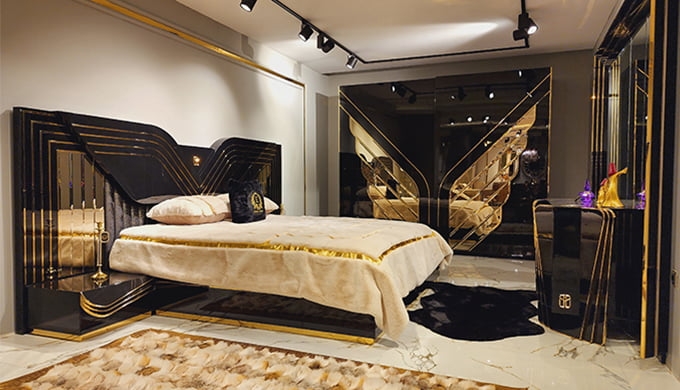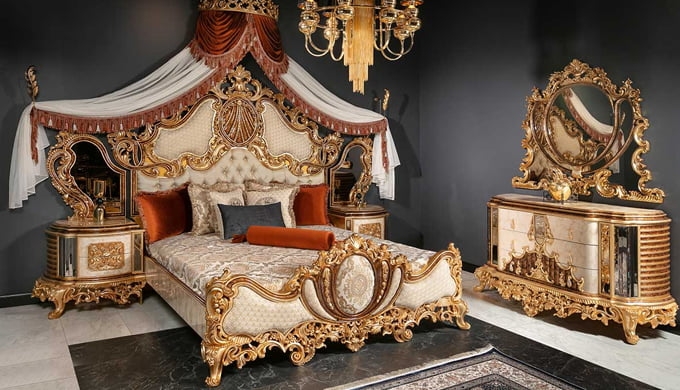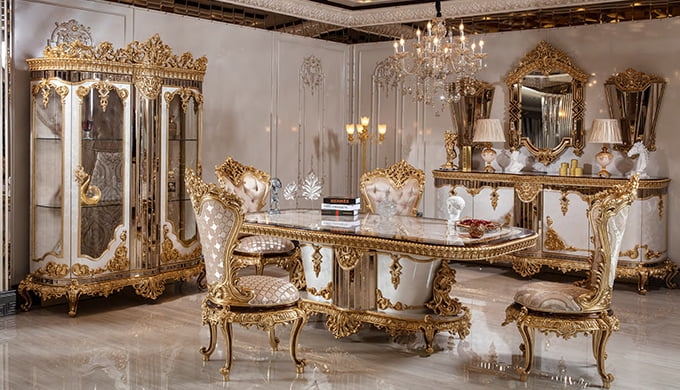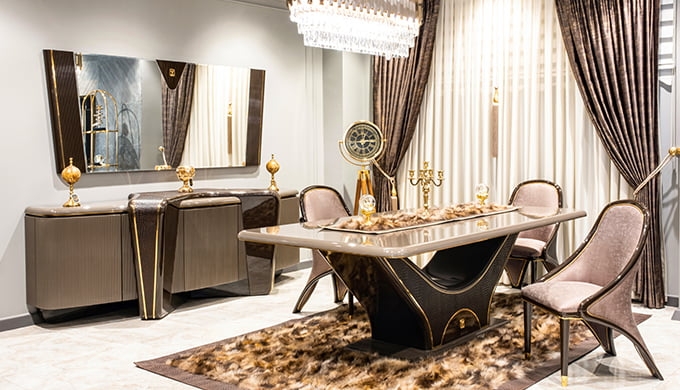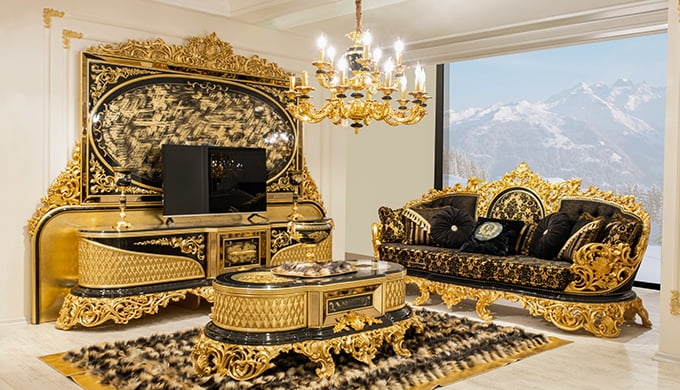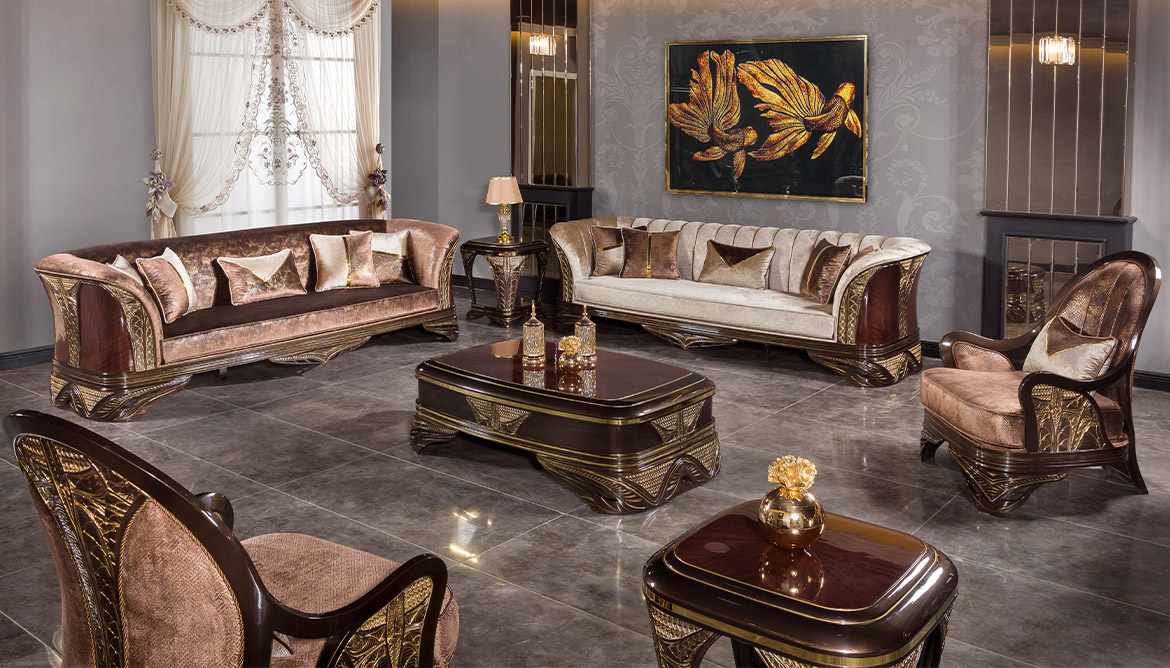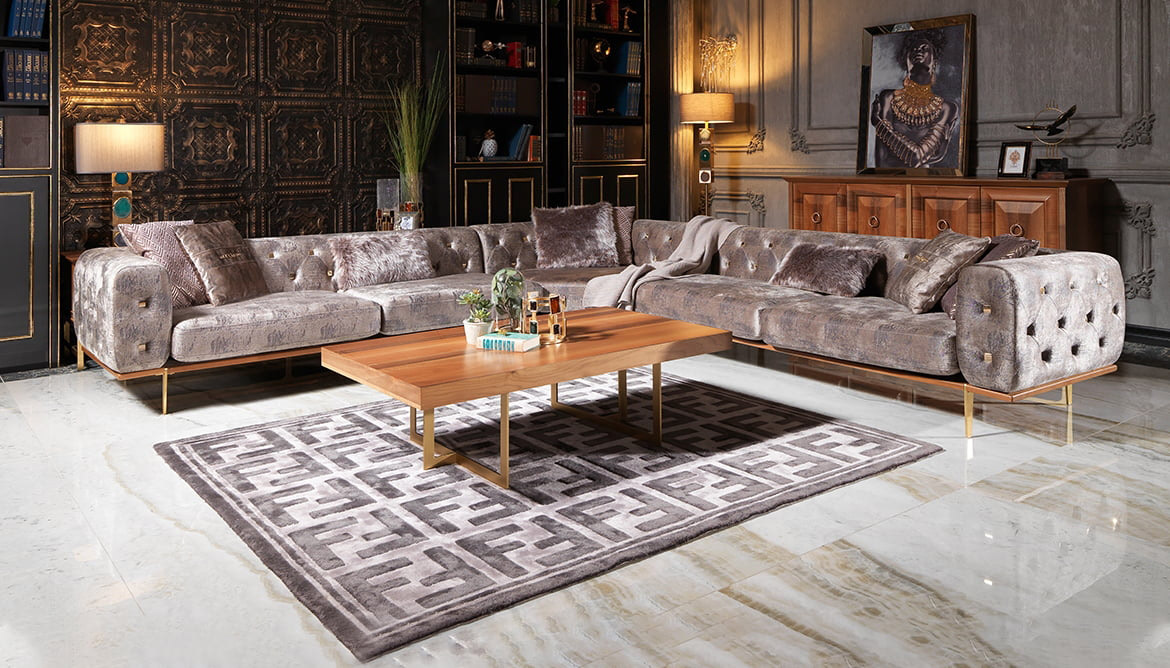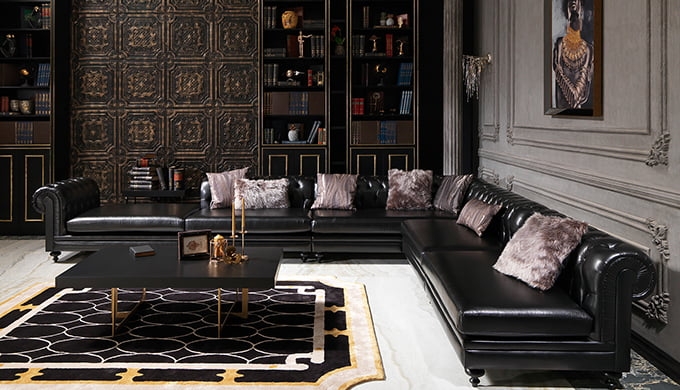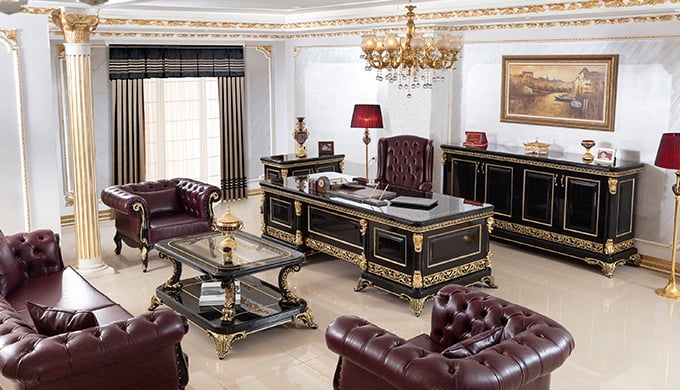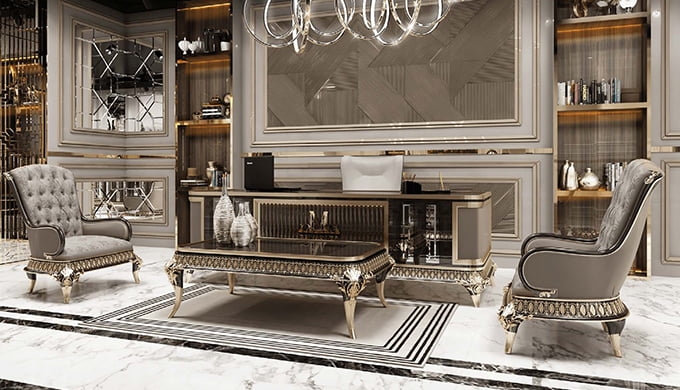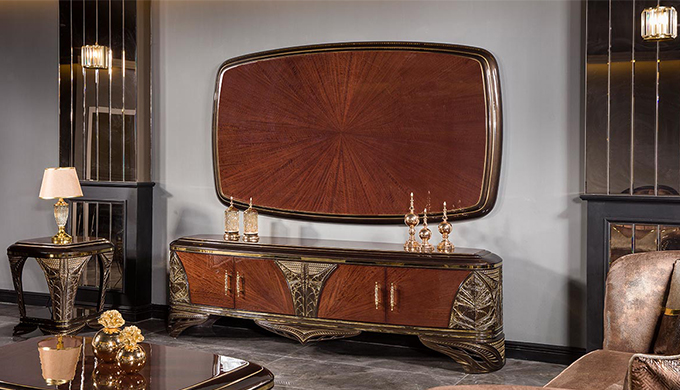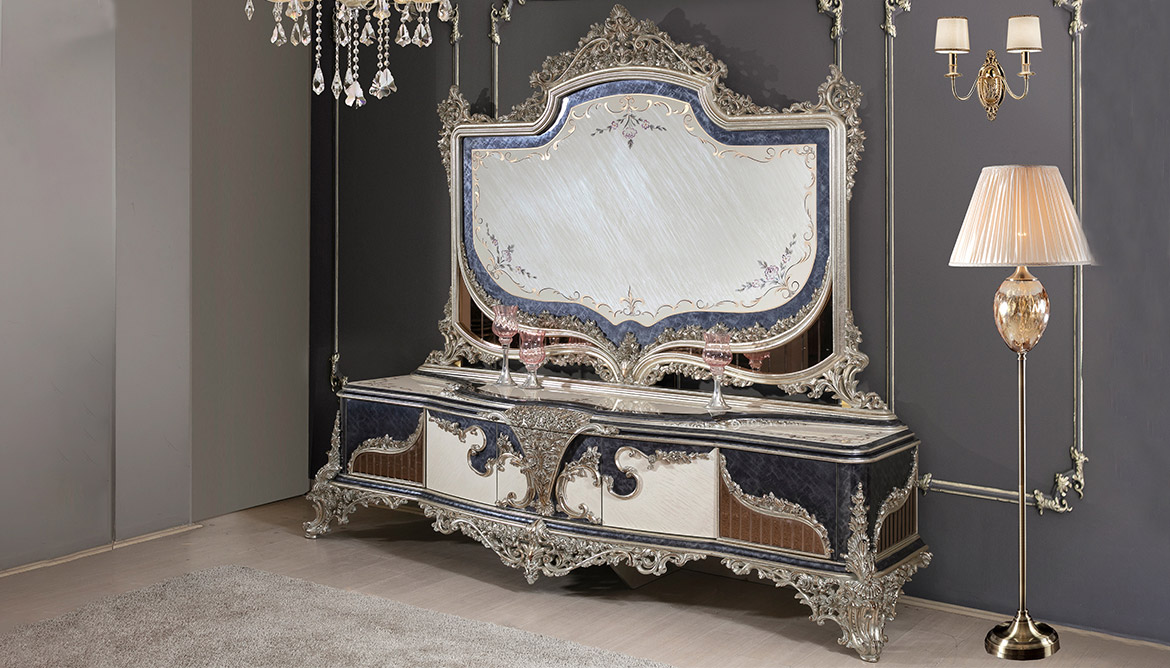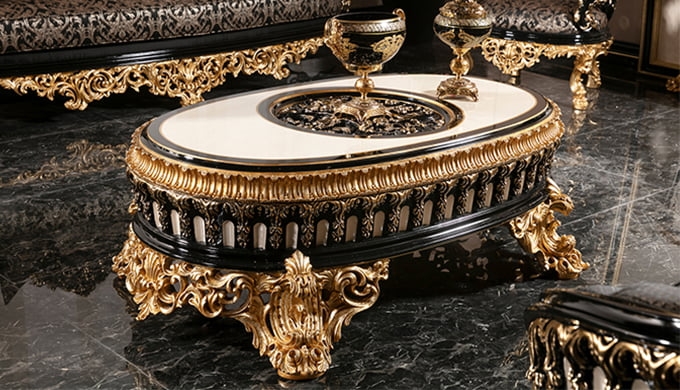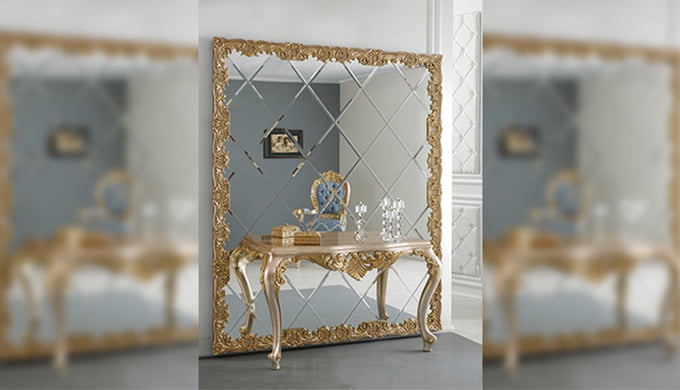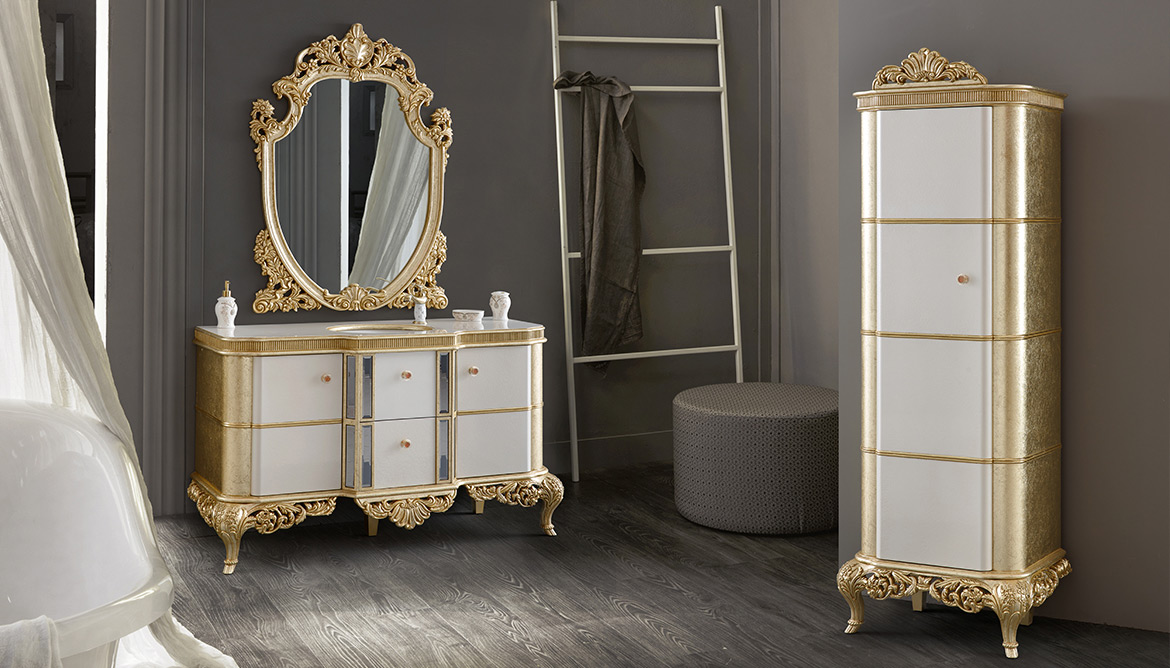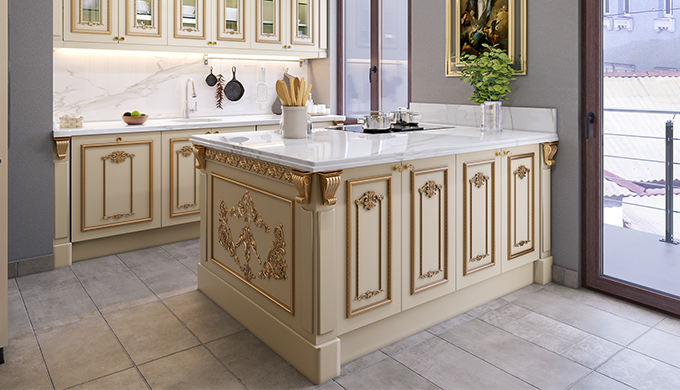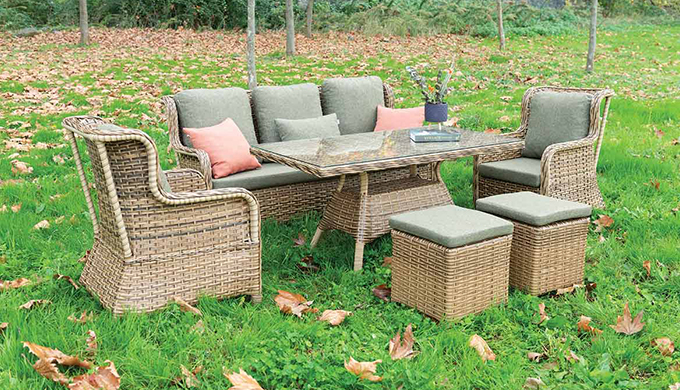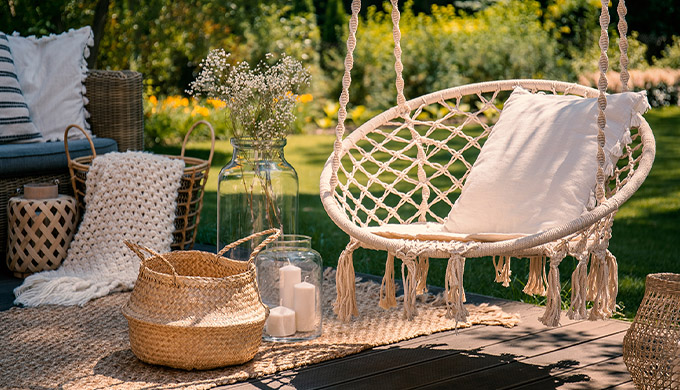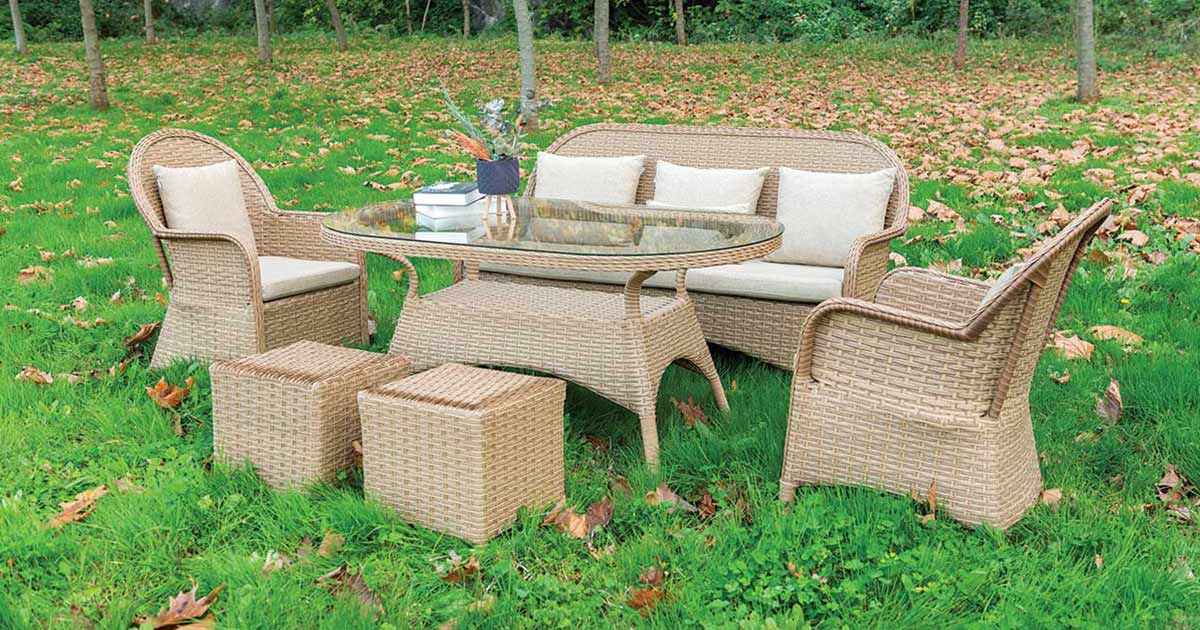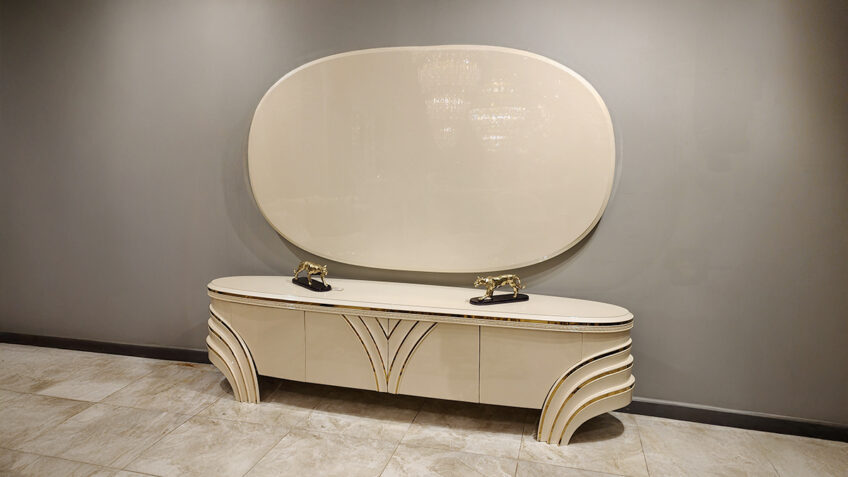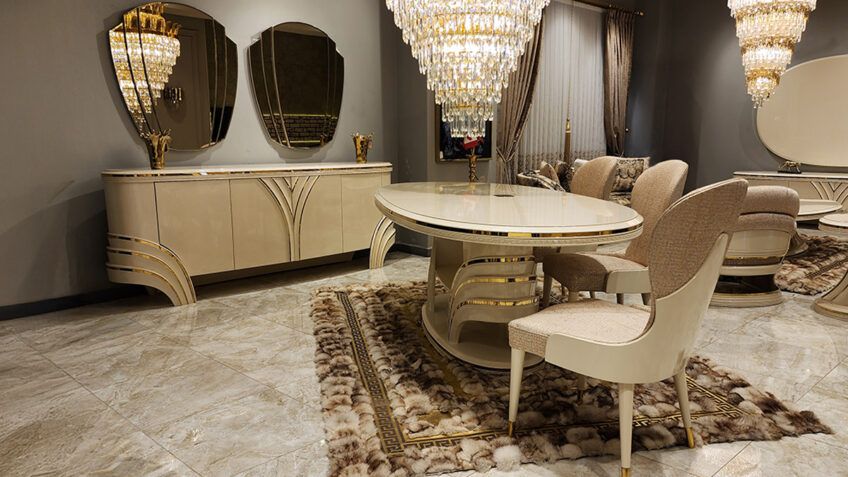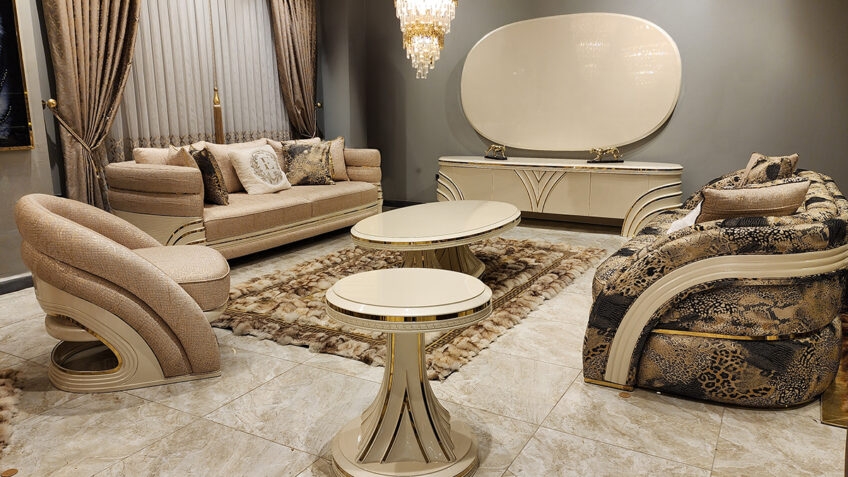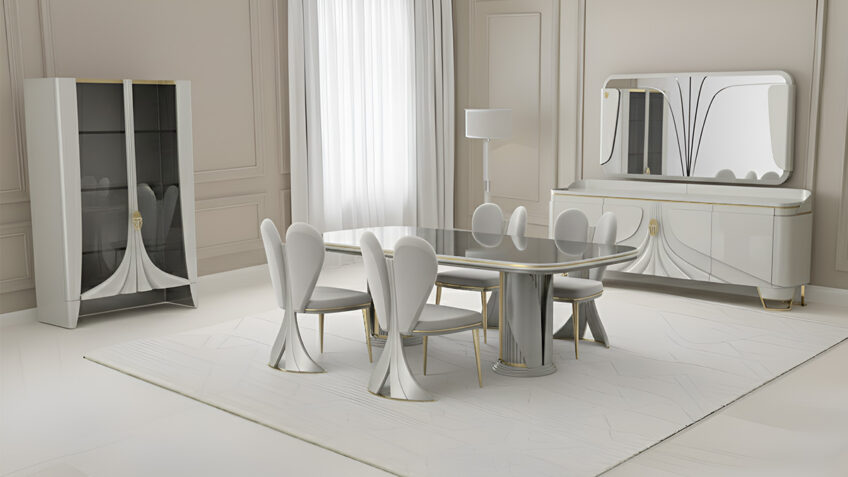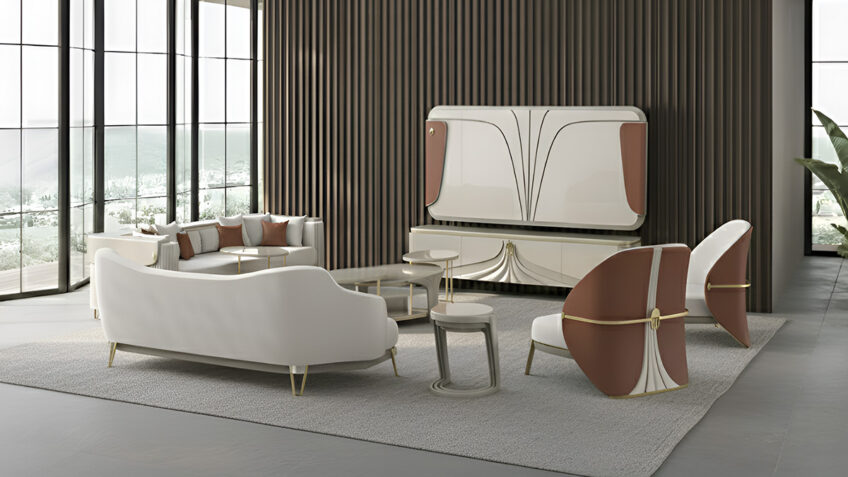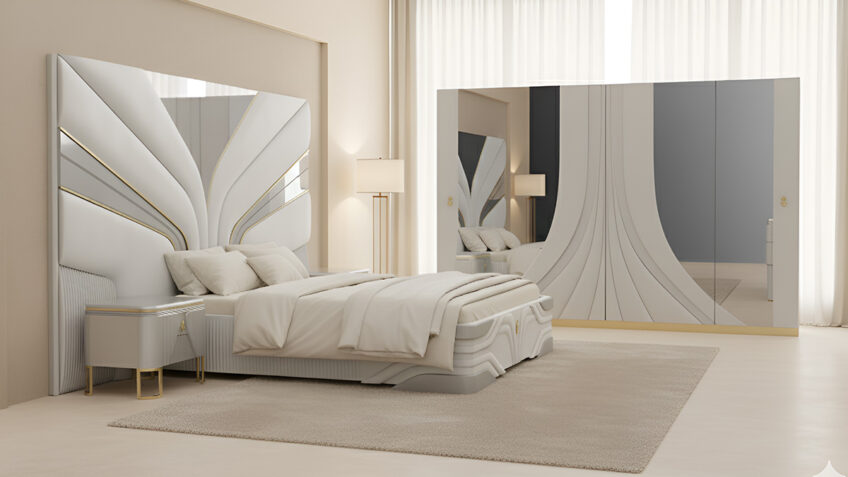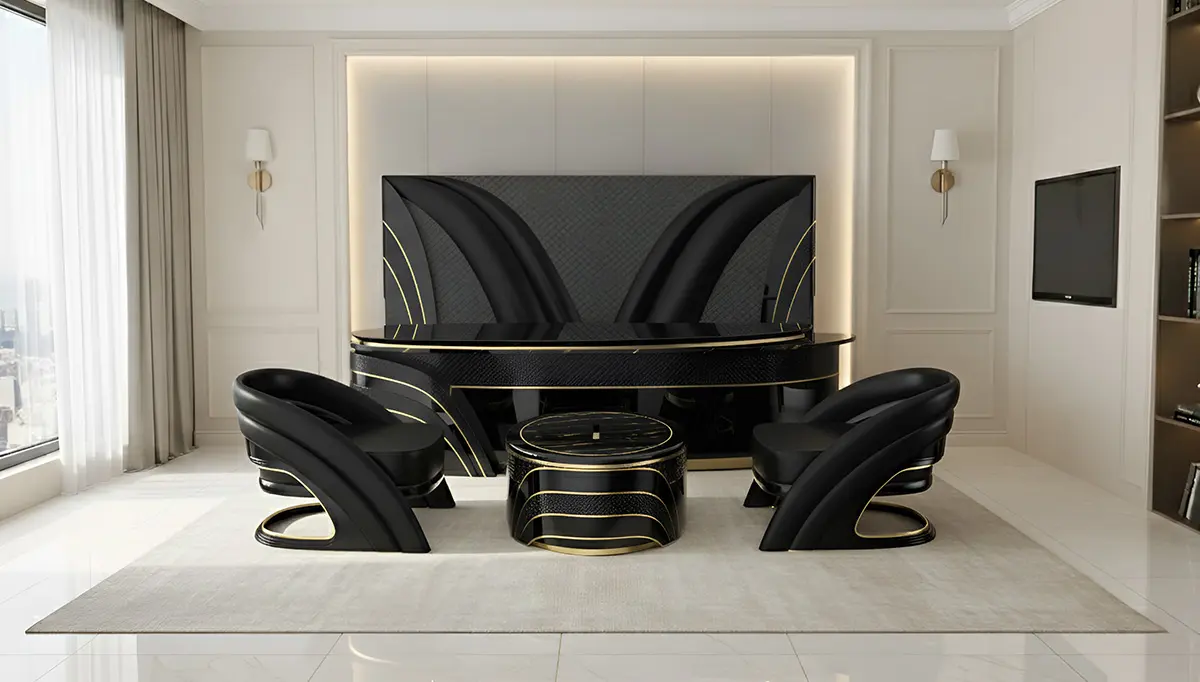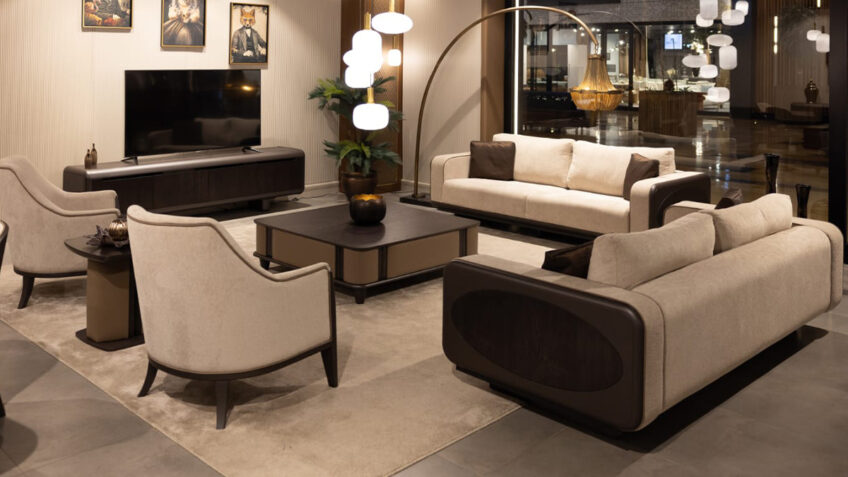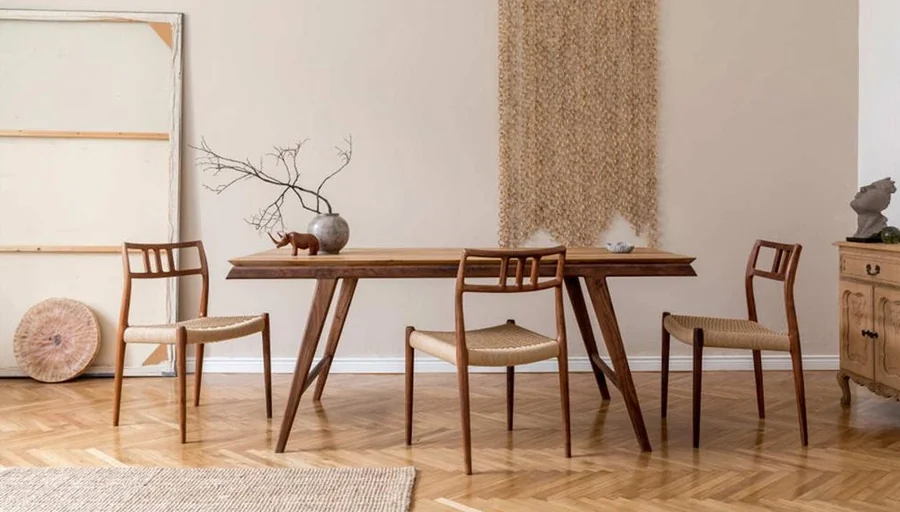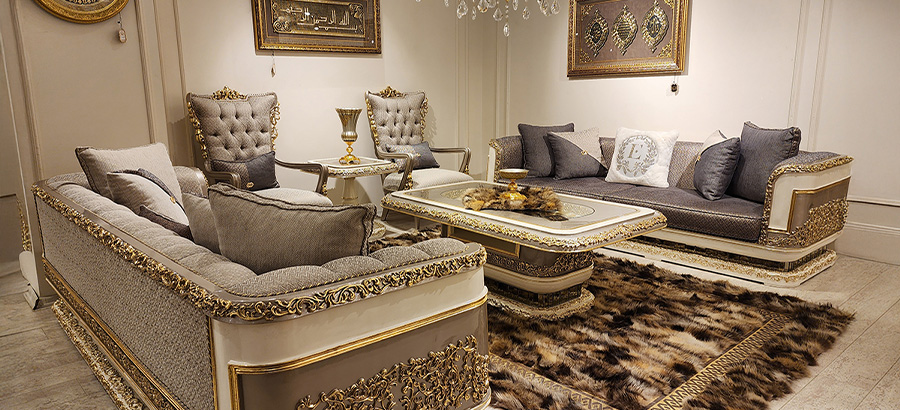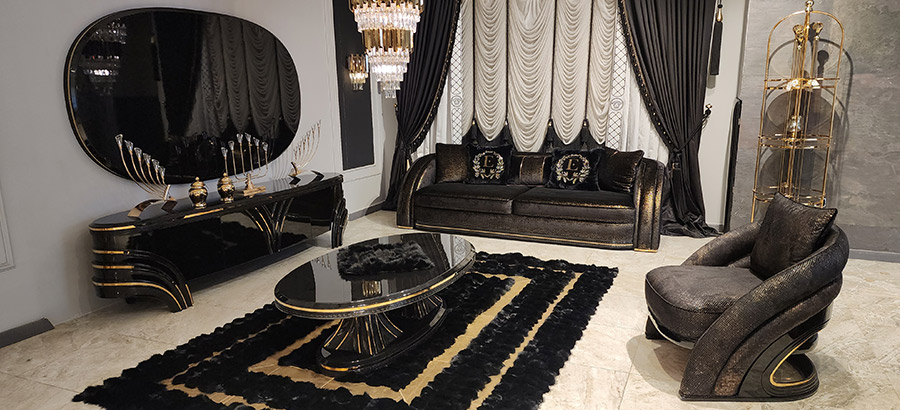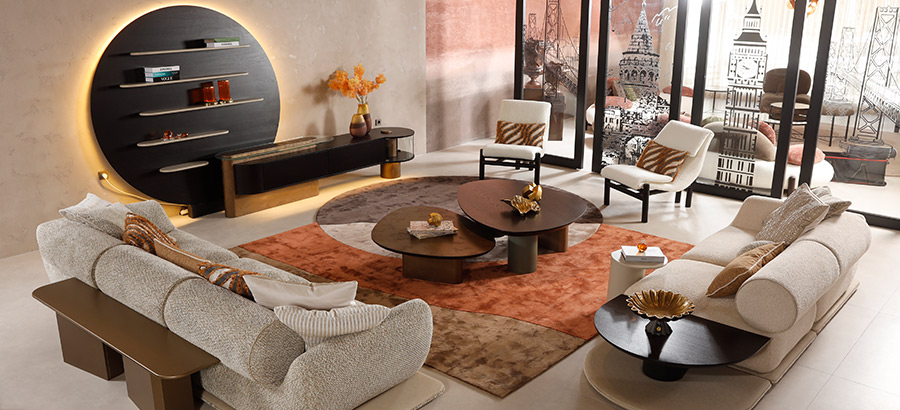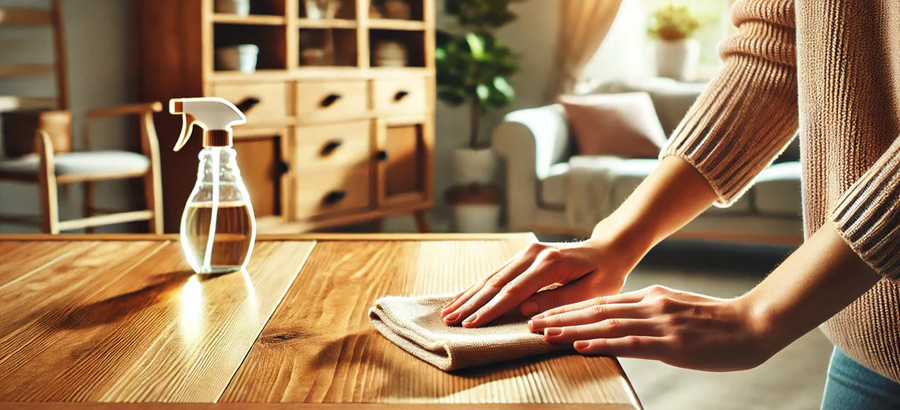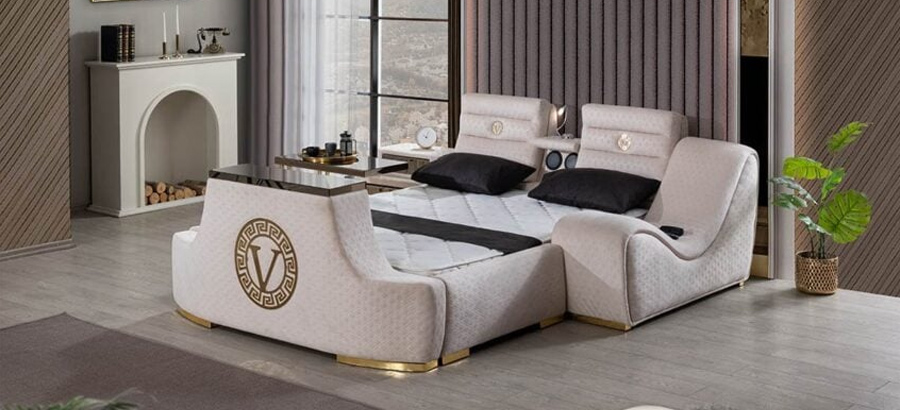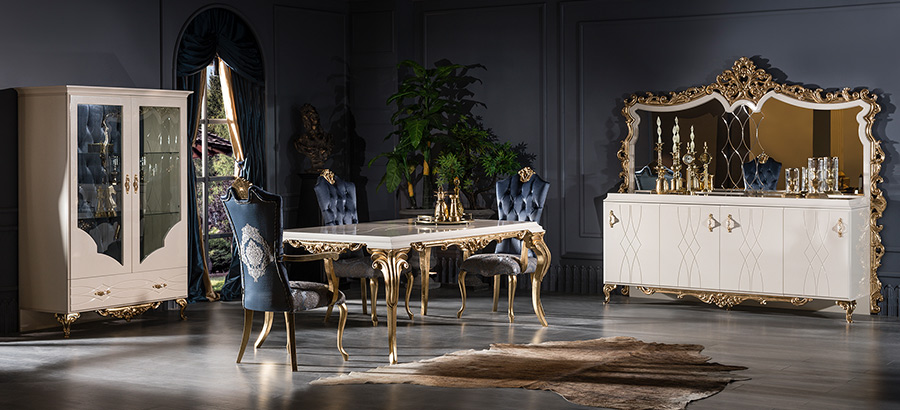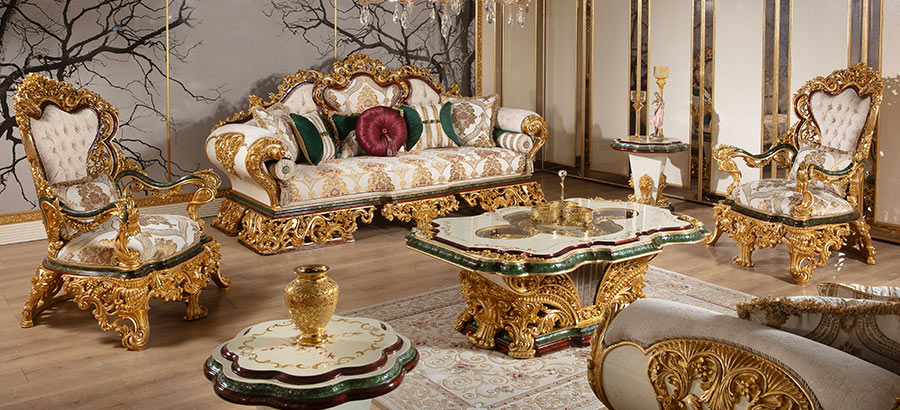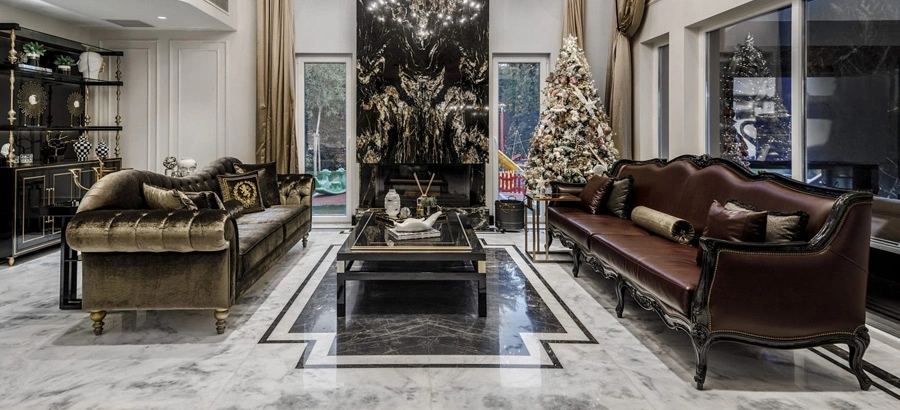Choosing garden furniture is an important decision that affects the aesthetics and functionality of your outdoor space. Each material has its own advantages and disadvantages. In this article, we’ll explore the most common garden furniture materials and help you determine which one is best for you.
1- Wooden Garden Furniture
Advantages:
Natural Look: Wooden furniture provides a warm and natural appearance that enhances the beauty of your garden.
Durability: High-quality woods like teak, cedar, and eucalyptus are resistant to weather conditions and can last for many years with proper care.
Variety: Wood comes in various types, finishes, and styles, offering plenty of options to match your garden’s decor.
Disadvantages:
Maintenance: Wood requires regular maintenance, such as sealing, staining, or painting, to prevent damage from moisture and pests.
Cost: High-quality wooden furniture can be expensive compared to other materials.
2- Metal Garden Furniture
Advantages:
Strength and Durability: Metals like aluminum, steel, and wrought iron are strong and can withstand heavy use and harsh weather conditions.
Low Maintenance: Metal furniture typically requires less maintenance than wood. Aluminum, in particular, is rust-resistant.
Modern Aesthetics: Metal furniture often has a sleek, modern look that can complement contemporary garden designs.
Disadvantages:
Weight: Some metal furniture, especially wrought iron, can be heavy and difficult to move.
Heat Retention: Metal can become very hot in direct sunlight, making it uncomfortable to sit on without cushions.

3- Plastic Garden Furniture
Advantages:
Affordability: Plastic furniture is generally the most affordable option.
Lightweight: Easy to move and rearrange, plastic furniture is ideal for flexible outdoor arrangements.
Low Maintenance: Plastic is resistant to moisture and does not require much upkeep.
Disadvantages:
Durability: Plastic can fade, crack, or become brittle over time, especially when exposed to UV rays.
Aesthetics: Plastic furniture may not provide the same visual appeal as wood or metal options.
4- Wicker Garden Furniture
Advantages:
Classic Look: Wicker furniture offers a timeless, classic look that adds charm to any garden.
Comfort: Often combined with cushions, wicker furniture can be very comfortable.
Versatility: Available in both natural and synthetic materials, wicker furniture can suit various styles and budgets.
Disadvantages:
Maintenance: Natural wicker can be susceptible to weather damage and requires more maintenance than synthetic options.
Durability: Synthetic wicker is more durable than natural wicker but still may not last as long as metal or wood.
5- Composite Garden Furniture
Advantages:
Eco-Friendly: Made from recycled materials, composite furniture is an environmentally friendly option.
Durability: Composite materials are resistant to rot, rust, and insect damage.
Low Maintenance: Requires very little maintenance compared to natural wood.
Disadvantages:
Cost: High-quality composite furniture can be more expensive.
Weight: Some composite materials can be heavy.
